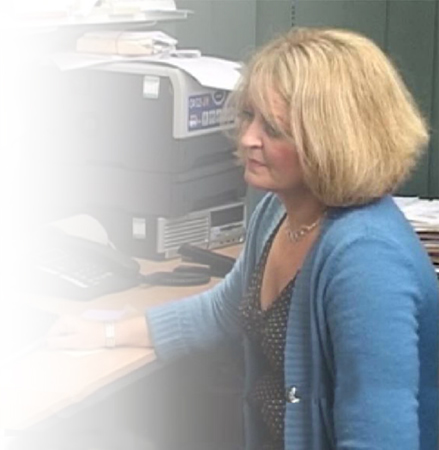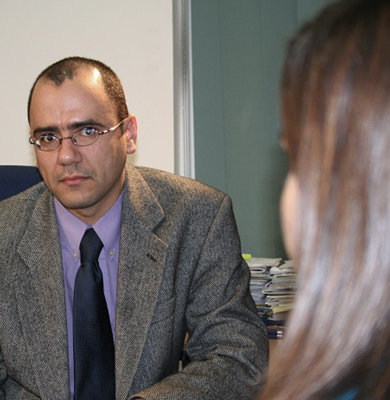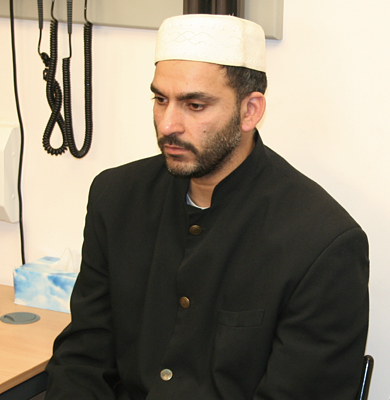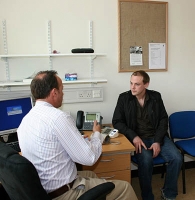Communicating with Patients who Speak Little or No English course for GPs



This session is designed to enhance communication skills when dealing with a patient who may not speak English fluently and may require the services of a professional interpreter.
This session was reviewed by Khyati Bakhai and last updated in December 2020.
Learning Objectives
By the end of this session you will be able to:
- Identify poor and effective practice when working with a professional interpreter
- Develop skills in communicating through a professional interpreter
- Explore alternative methods of communicating when an interpreter is not available
Communication skills, for a long time perceived by many as an optional extra, are now acknowledged as having an important function in healthcare. Of course, communication can be more challenging when there is no shared language between doctor and patient.
Jackie Beavan qualified as a nurse in 1971 and was a hospital nurse until the mid-eighties. Since then, she has worked in education and training and has a special interest in communication, equality and diversity.
She has a BA in English, a BSc in Health Science and an MA in Linguistics. In 2002, she helped to update the second edition of ’Valuing Diversity’, an educational resource for GPs, commissioned by the RCGP and edited by Joe Kai. She was also involved in the research and development of ’PROCEED: Professionals responding to ethnic diversity and cancer’, an educational resource commissioned by Cancer Research UK, also edited by Joe Kai.
Jackie is based at the Interactive Studies Unit in the Department of Primary Care and General Practice at the University of Birmingham. Her main role there is to deliver courses in advanced communication skills to senior health professionals working in cancer care. She is also involved in delivering training in communication, equality and human rights for health professionals and medical students. Currently, she is working with Heart of Birmingham Primary Care Trust on a human rights pilot project in conjunction with the Department of Health and the British Institute of Human Rights.


Dr Gill is a Reader in Primary Care Research at the University of Birmingham and a GP in Birmingham. His research interests include addressing health inequalities particularly amongst migrant populations and evidence-based health care and its application to health care delivery. In addition he is also the Regional Patron for the charity South Asian Health Foundation
- Collecting Data and Information for Healthcare cou...
- Posted By eIntegrity Healthcare e-Learning
- Posted Date: 2024-12-22
- Location:Online
- This session examines how good leadership can be used to inform the evidence gathering process in su...
- Day to Day Management course for GPs
- Posted By eIntegrity Healthcare e-Learning
- Posted Date: 2024-12-22
- Location:Online
- This session considers leadership methods for the handling of day to day management issues. Learn...
- Dealing with Stress course with GPs
- Posted By eIntegrity Healthcare e-Learning
- Posted Date: 2024-12-22
- Location:Online
- This session aims to identify the tools, techniques and support that can be used to help manage stre...
- Ensuring Development and Learning course for GPs
- Posted By eIntegrity Healthcare e-Learning
- Posted Date: 2024-12-22
- Location:Online
- This session examines the formal and informal means of reviewing and managing the individual perform...
- Responsibilities to Colleagues course for GPs
- Posted By eIntegrity Healthcare e-Learning
- Posted Date: 2024-12-22
- Location:Online
- This session examines the role of those who have responsibilities for managing other people at work....








